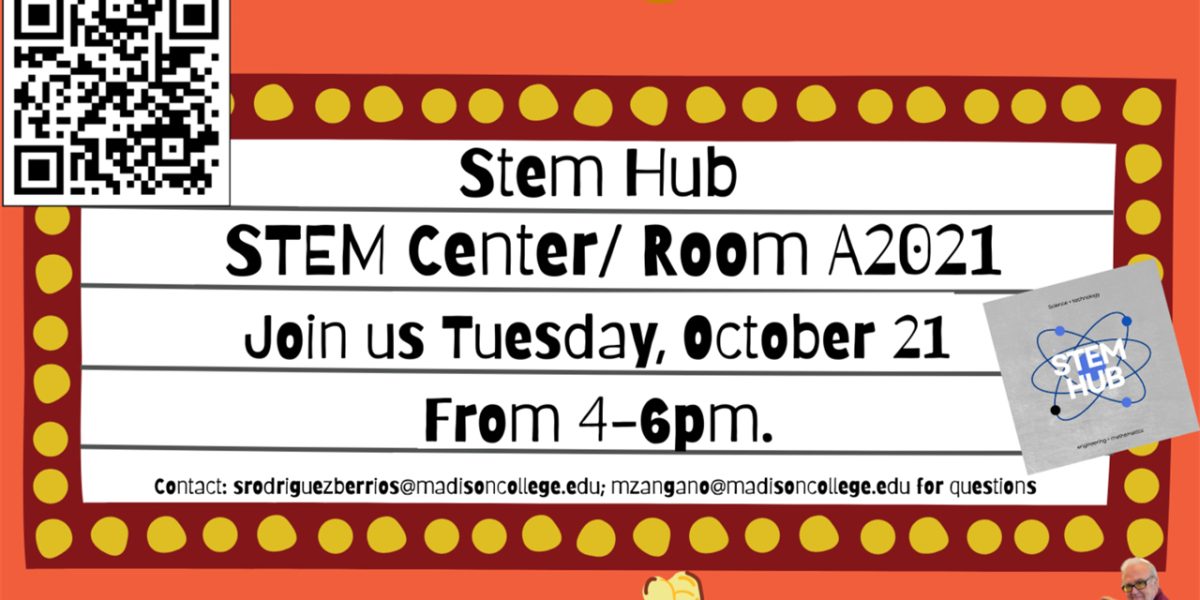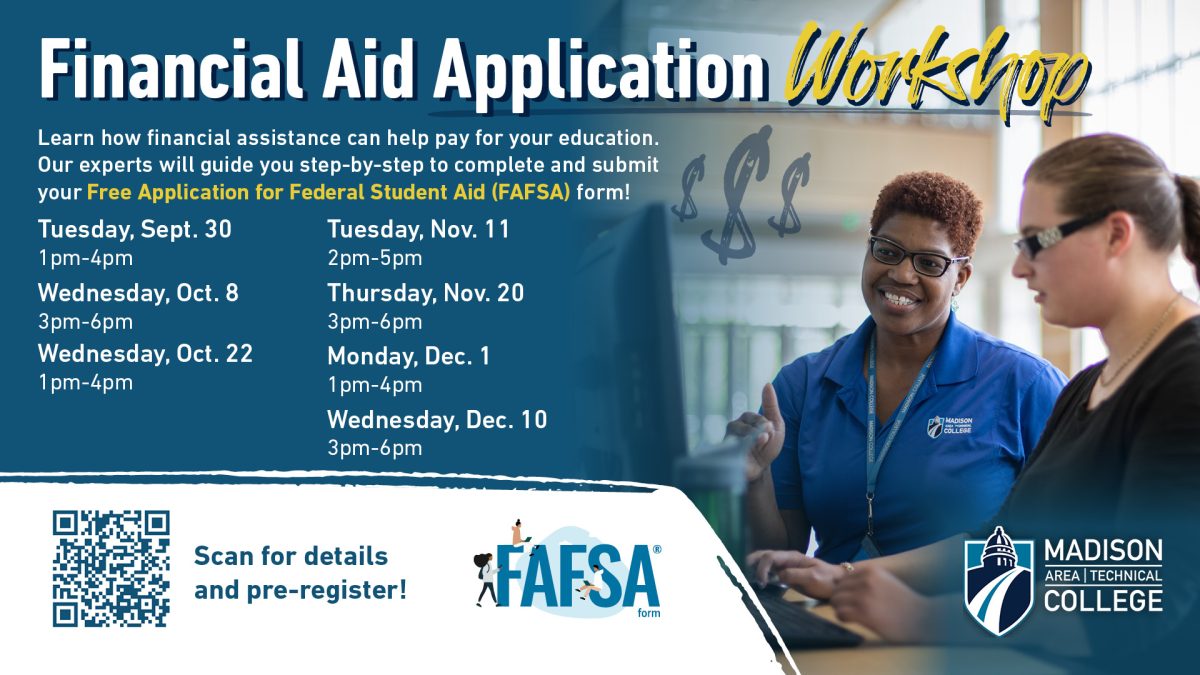The Student Activities Board (SAB) has approved holding a referendum to let regional campus students decide whether or not they will pay an extra $3.25 per credit hour to gain access to campus events and activities.
Revenue from this fee would support student activities and additional services at the regional campuses similar to those currently available on Madison campuses.
While students at the Madison campuses already pay this kind of fee, regional students have never been charged because the services were not available to them. If approved, their fee would be at a lower rate than Madison students’ because there are still services to which they would not have access (i.e. fitness centers, shuttle services, etc.).
For the past year, funds provided by the Student Activities Board have supported these services at the Watertown, Fort Atkinson and Reedsburg campuses in a pilot program.
The piloting campuses have held family events, job fairs, casino events, Earth Day events and many other activities to increase student engagement on campus. If the referendum is passed, they will also see more Senate and Phi Theta Kappa representation on those campuses.
“In the future, we would like to see more bridging the gap between groups in the regions and groups in Madison,” said Johanna Hewitt, services specialist for the Eastern Region.
Hewitt was in charge of programming for the first year of the pilot program at the Watertown campus, and later, assisting with the expansion of the program to both Reedsburg and Fort Atkinson.
Director of Student Life Renee Alfano looks forward to seeing family-centered events on the regional campus as well.
“The kinds of things I would really like to see are family events,” she said, “The events where they can take their children, and it’s low-cost to no-cost.”
Hewitt and Alfano agree that the purpose of this referendum is to offer students the full college experience and to encourage student success.
“Research shows that if students feel more connected to the college they’re more likely to stick around and accomplish their academic goals.” Alfano said.
Many on the SAB agree that the program has gone over quite well with students on the piloted campuses. Alfano said it worked “extremely well” and Student Senate President Colin Bowden referred to it as “a success overall.”
Hewitt said, “It was fabulous. The students loved it. ”
While the board was in agreement about how it was received, there was some disagreement in terms of how they should ask students about paying for these services. Alfano and some other board members thought a survey would be enough to guage the regional students’ opinions, while Bowden and the Student Senate believed that it needed to be brought to a vote in the form of a referendum.
Alfano expressed that these campuses are small enough that the survey, in addition to previous input that has been gathered at the pilot campuses would generate enough information to base an overall student opinion.
“The regionals are very different,” Alfano said. “There’s one building, one parking lot … It’s very easy to get the word out.”
The eventual implication of a fee was no surprise to those working at the piloted regional campuses.
The referendum should go over well in these areas since the idea of a fee has been circulating from the beginning.
“We knew that eventually that we wouldn’t be going to the SAB for a pilot account for this kind of programming. We knew that eventually the regional campuses would be self-sufficient,” Hewitt said.
The concerns expressed by the board are for those who have not experienced or heard much about this program: those on the Portage campus.
“We’ve never piloted this at Portage so why would they say yes?” Alfano said.
In a referendum, if the majority vote is “no,” that decision is final. Alfano said that is a source of angst for those who worked on piloting these activities at the regionals. “They are really worried that their work could potentially be destroyed,” Alfano said.
On the other hand, Bowden and other Senate members think that a referendum is the only way to go.
“A democratic student voice is more important than making sure that this or that works perfectly,” Bowden said.
While in favor of the referendum, he is also in favor of the regional campuses having access to campus activities. Bowden has confidence that students on the regional campuses will vote “yes.”
“I think we’re going to pass the referendum, to be honest with you,” Bowden said.
Bowden hopes that through this referendum, students may feel that their voice is valued and total input from those affected is desired.
He explained that the reason behind the senate’s push for the referendum is simple: “Every time that we as students and leaders have the chance to empower others, I think we should take it.”



























